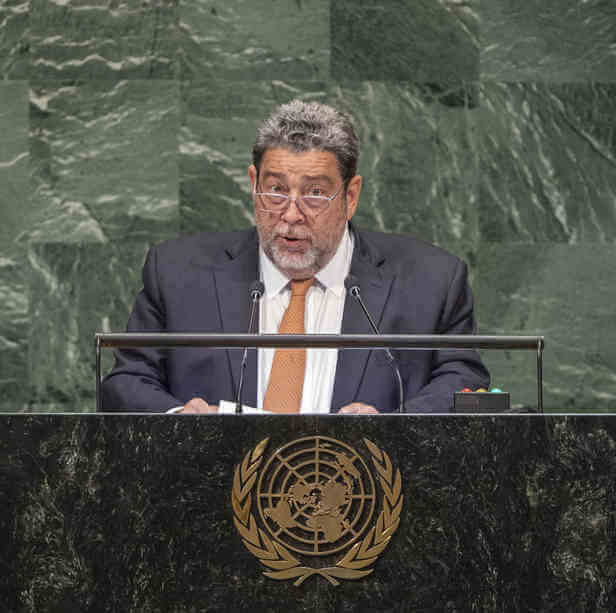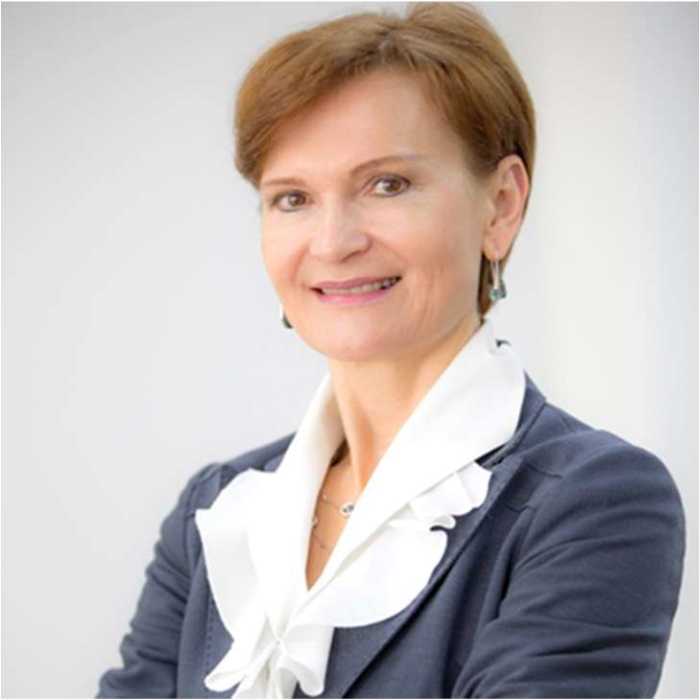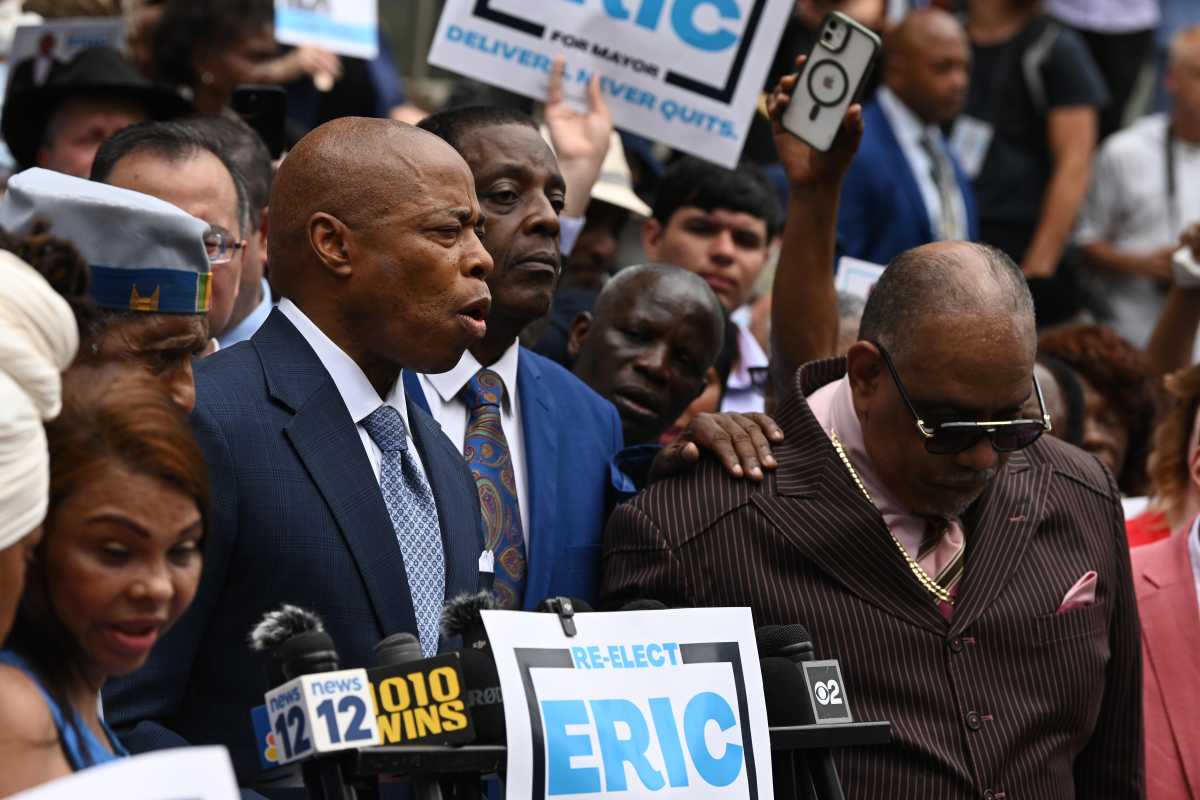Stating that the principles of non-intervention and non-interference are of particular importance to Small Island Developing States (SIDS), St. Vincent and the Grenadines’ Prime Minister Dr. Ralph E. Gonsalves has deplored, in no uncertain terms, “every violation of the principle of non-intervention.”
In addressing the 73rd Session of the United Nations General Assembly Debate on Sept. 27, the Vincentian leader said “every violation… wherever it may occur — is an indirect assault on our own survival.
“This principle is immutable, and no amount of heavy-handed coercions or ham-fisted inducements will cause us to abandon our overarching existential interests in pursuit of short-term appeasement,” he declared.
“Our shared history of struggle against colonial oppression and exploitation informs not only our continuing pursuit of reparatory justice for the victims of native genocide and slavery, but places us in implacable opposition to any actions by those who seek illegally to impose their will on independent nations and peoples,” he added.
Lacking military might or economic wealth, and constrained within narrow borders, Gonsalves said SIDS owe their existence as nation states to “a global recognition and respect for the principle that no other nation — large or small, rich or poor, near or far — should be allowed to interfere in our sovereign affairs or intervene in matters properly resident in our domestic jurisdiction.”
Without strict adherence to those tenets, he said SIDS’ existence “dangles precariously on the threads of great power intrigue or changing perceptions of our strategic significance.
“Without these principles, our international order reverts to a barbarism in which the strong are doing what they can and the weak merely suffering what they must,” he said. “This is unacceptable.”
The prime minister, therefore, said St. Vincent and the Grenadines “stands firmly against the continued interventionist assaults on the sovereignty” of its neighbors, Cuba and Venezuela.
He described as “illegal and unproductive,” the “anachronistic economic blockade of Cuba.”
“The time has long since past for its complete repeal,” Gonsalves affirmed, regretting deeply that “the fledgling rapprochement between the United States and Cuba has stalled,” and calling for resumption of “mutually respectful dialogue between our two friends.”
Regarding Venezuela, he said “the democratically-elected government has been subjected to an unacceptable, coordinated, intense external economic assault, which has had, too, indirectly, a debilitating effect on small Caribbean nations, which have had generous arrangements of solidarity, for example, through the Petro-Caribe Agreements.
“To be sure, Venezuela has enormous internal socio-political challenges, but unwarranted and illegal intervention is entirely counter-productive in the people’s ongoing quest for peace, democracy and liberty,” Dr. Gonsalves said.
He said Venezuela needs “a peace and reconciliation mission, not a campaign of sanctions, subversion and threats of armed intervention.
“Constructive dialogue between and among the contradictory parties and personalities is urgently required,” he urged.
Gonsalves noted that the peoples of Latin America and the Caribbean have repeatedly reaffirmed that the region is a Zone of Peace, adding that “our peoples are not the pawns and play things of any nation.
“Our America, our Caribbean defiantly affirm this,” he said. “It is a noise in our blood, an echo in our bones.”
On Climate Change, Gonsalves said it is “indisputably the defining, multifaceted existential problem that we collectively confront” today, stating that the prospects for an effective international solution to the issue are “rapidly receding.”
The prime minister lamented that “carefully calibrated climate accords are teetering on the brink of irrelevance; wounded not only by high-profile withdrawals but also by the cynical and foolhardy noncompliance with voluntary mitigation pledges that major emitters have loudly declared but quietly disregarded.”
He said the result of this “ignoble hand-wringing and political procrastination is that the world continues to bum while its leaders fiddle.”
Dr. Gonsalves noted that the sister island of Dominica has been twice devastated by hurricanes Erika and Irma in the space of three years, “with Tropical Storm Isaac striking the island a glancing blow only weeks ago.”
Beyond the headlines, he said the story of Climate Change is “grimly told in daily experiences of floods, droughts, landslides, coastal erosions, lost lives and livelihoods across our region.
“We can wait no longer,” the Vincentian leader implored. “The constellation of challenges, externally-sourced, which face our small states demand a focused global response, which recognizes in theory, and in practice, an undoubted Small State Exceptionalism.”
He said the many-sided concept of Small State Exceptionalism must be placed at the center of global discourse to prompt appropriate collective action.
Gonsalves said the rising seas and intensifying storms pose an existential threat to SIDS, stating that major emitters that fail to set – and honor — ambitious mitigation pledges are “committing a direct act of hostility against SIDS.”
“And, we ought to resist their recklessness against our interests,” he demanded.
At the same time, Gonsalves said the financing of climate resilience and adaptation measures by development partners cannot be “shoehomed into the same glacially slow, labyrinthine bureaucratic processes that have stymied other cooperation initiatives.”
“Our friends and partners must recognize the fierce urgency of this unfamiliar and unprecedented climate threat, and must demonstrate decisive political and developmental action to arrest this extraordinary existential threat,” the prime minister said.


























